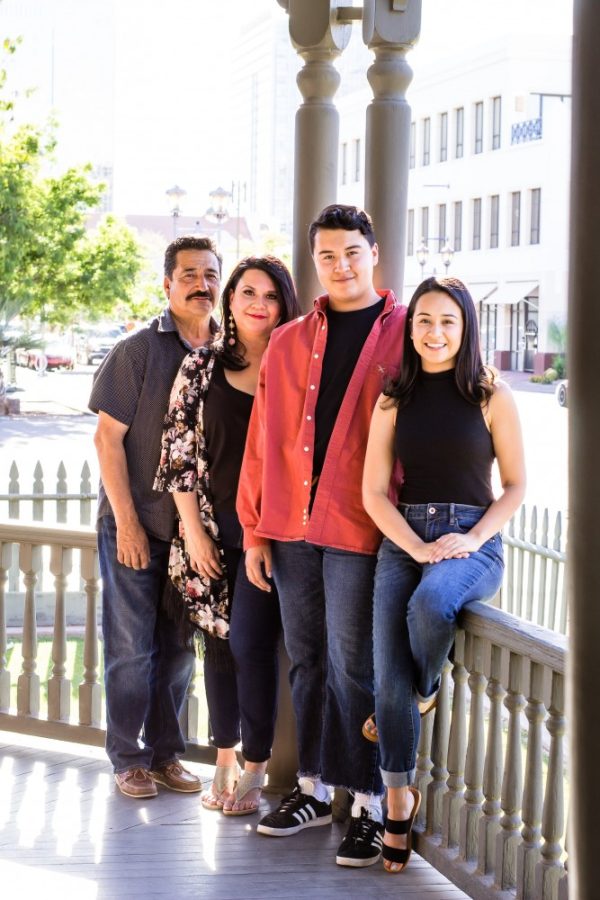College was a foreign concept for junior education student Tony Viola, senior English student Amanda Corona, and senior public health student Yolanda Perez. When they each made the decision to come to the University of Arizona, they were the first of their families to pursue post-secondary education.
“My family was ecstatic that I made it to college,” Perez said. “They were so excited that I got to start my family’s legacy. They saw me as some kind of superwoman.”
Viola mirrored this sentiment.
“They were so proud of all the work that I did to get to that point. They understood how big of an achievement it was to finish high school and get accepted to college.”
As all three adapted to collegiate life their freshman year, they discovered stressors and rigorous schedules in college that were unknown to their families. As a result, conflict arose.
“Just the fact that I didn’t come to as many family gatherings my first year at college was a big deal,” said Corona. “I was contacting them less, not because I didn’t love them, but because I had studying to do. That was an issue. They had never been to college, they didn’t understand how big of a deal grades were, or how much work it took to get the grades I wanted.”
The unfamiliarity of college, and the lack of familial support and empathy was something that most students did not have to deal with. But for Viola, Corona, and Perez, these stressors were built into their identities.
RELATED: Campus Heath’s tips on what to do if you’re spending family weekend alone
The university, which understands the unique challenges presented to first generation college students, has an office that is dedicated to serving first generation students: First Cats, a branch of the UA Thrive Center (formerly The Office of Academic Success & Achievement).
As freshman, all three students were involved with First Cats.
“As a freshman, it was a great thing to be a part of,” said Viola. “To be introduced to a whole community of students who are like me – who are where their family has never been before, was such a good thing. It was such a helpful office to make sure that my transition was successful into college.”
Corona elaborated.
“I was assigned a peer mentor my freshman year, and it was nice to have someone who understood what it was like to move to college and be in a totally new place without anyone from my family understanding what it was like.”
For all three students, the First Cats program was impactful. As sophomores and juniors, they returned as student-employees to aid the 25% of the University’s population that identify as first-generation college students.
“When I was in this program as a student, I knew that this was something that I wanted to do,” Perez said. “I love people, and I love talking to people and I love helping people.”
Viola agreed.
RELATED: TOPIC OF THE WEEK: Who in your family inspires you?
“First-generation college students have a unique set of problems and issues,” Viola said. “To be able to help other students who are going through similar problems as you did…it’s an amazing thing to be a part of.”
Corona added that the experience had a positive effect on her college career.
“My peer mentor was amazing,” said Corona. “It had such a positive effect on my experience as a student, that I knew I wanted to give other first-generation students that same positive experience. I love helping new first-generation students at the University of Arizona.”
Viola, Corona, and Perez are all utilizing their unique experiences to better the large first-generation community at the University. They each play an integral part in insuring that first-generation students are welcomed; this is not only something that they and their families should be proud of, but something that the University as a whole should be proud of.
Follow the Daily Wildcat on Twitter








